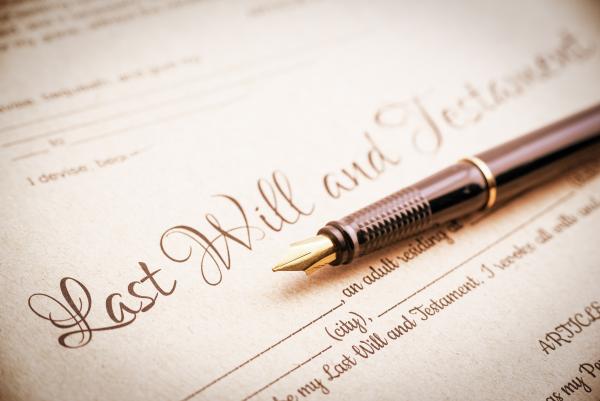
Tax change should help people involved with deceased estates with low incomes
In its response to a recent HMRC consultation,1 the Association of Taxation Technicians (ATT) welcomes proposals to legislate a useful concession that can simplify the tax affairs for low income estates and trusts.
Since 2016, an informal concession has removed the burden of tax reporting from trusts or estates which have small amounts of interest income and a resulting tax liability of less than £100. This has been a useful concession as it helps to reduce the administrative burdens for the executors, beneficiaries and trustees of eligible trusts and estates.
The Government is now proposing to formalise this concession and widen it to allow estates or trusts with income of up to £500 from any source (which is equivalent to an income tax liability of £100 or less) to benefit from this simplification.
Senga Prior, Chair of the ATT Technical Steering Group, said:
“We welcome the proposal to put the existing concession onto a permanent footing and extend to other sources of income, including dividends. The proposed approach is simple for executors and trustees of low income estates or trusts to understand and apply in practice.
“The primary benefit will be for small estates, as it will in many cases avoid what would otherwise be a circular process in which the estate would be paying a small amount of tax which the beneficiaries can often claim back.2
“The benefits for trusts are more limited and we expect that few trusts will benefit from the proposed changes. We would like to see HMRC revisit previous work on trust taxation, with a view to simplifying and reducing the administrative burden for small trusts.”3
Notes for editors
1. The consultation can be found here, and the ATT’s full response can be found here.
2. Although beneficiaries are taxable on income received from an estate, if the income is interest or dividends, and the beneficiary has sufficient savings or dividend allowances (which is common), then in practice no tax would be due and the beneficiaries can recover any tax paid by the estate on income they have received. Relieving small estates from the burden of submitting a tax return and paying tax, therefore also relieves those beneficiaries who do not need to pay tax on the estate income from having to claim small sums back. Avoiding this circle also reduces the burden on HMRC.
3. HMRC consulted on the taxation of trusts in 2018-19, but no action was taken as a result of the review. The ATT’s response to this previous consultation can be found here.














